
From war-torn Somalia to graduating from UC Berkeley
Sayah Bogor, a UC Berkeley graduate student in public health, will make the short walk across the stage Monday to receive her master’s degree. For Bogor, a native of war-torn Somalia, the event will mark a joyous leap in a long and difficult journey.
"My mom is very very practical. She told me over and over and over, every single evening, ‘If you hear anything, run straight home. Straight straight home.’”
Five-year-old Sayah lived in Mogadishu, the capital of Somalia. It was the late 1990s. Although the country had been in a civil war since the early part of the decade, Sayah knew her home to be peaceful.
"You could go to anyone’s house and have food or go to anyone’s house and hang out. It was a very safe, comfortable environment.”
But there had been rumors that violence might break out, so the family had a game plan. Her father had taken Sayah’s two older brothers to New York, where he had worked for the past six months as a cab driver. Soon, he would be back with visas, so the whole family could move to the U.S.

One afternoon, Sayah was walking to the local gelato shop with her aunt, hand-in-hand with her cousin and best friend, Sarah.
"She also had three brothers, so we just clicked. Her name was Sarah and I’m Sayah, so we were like sisters in a sense. My parents said we were inseparable.”
But their walk was cut short.
"I heard shouting, then I started hearing screaming. Then, I heard this loud bang. I didn’t know it at the time, that’s a gunshot. I had never heard a gun before.”
Sayah tried to pull her cousin in her direction, but their hands dropped and, hearing her mother’s voice in her head, she sprinted home without looking back.
"When I got home, my mom is packing — whatever she can. And my brother is 3 and a half, so he’s a handful. He doesn’t know what’s going on, so he’s crying.”
Her mom used a long cloth to strap her son to her chest so she could carry him more easily. Sayah grabbed a bag and the family took off.
"We start running in the opposite direction.”
"But I told my mom, I was grabbing her skirt, and I was like, ‘Sarah and auntie, they’re at their house,’ and their house was just around the other side. So, my mom was like, ‘We can’t stop. We can’t stop. We gotta think about us.’ But I was a little kid. It didn’t click, the danger of the situation.”
So, Sayah turned around and ran away from her mother toward Sarah’s house.
"I was already pretty far by the time she noticed that I wasn’t right behind her. She turned around, but she couldn’t scream and shout out because you didn’t want to bring attention. So, she ran after me.”
"I saw my cousin’s house, and I’m kind of running around. I hear commotion. I come closer behind the house and I see the window, and I look inside the window. And there’s a bunch of men in the house. My aunt is on the ground. Sarah’s in the corner crying. My mom catches up to me right when I’m looking in the window. My mom knew what was going on, but I didn’t know. I just knew something bad is happening…”
"My mom is trying to pull me away from the window. I was like, ‘We gotta get them, we gotta get them, we gotta help them, we gotta save them.’ My mom was like, ‘There’s nothing we can do. There’s nothing we can do.’ Then, all of a sudden, I hear a gunshot in the house. And I look back over my shoulder and my uncle is on the ground. They shot him in the head. And we took off.”

There was no way to know that the next two years — a time when surviving required strengths she didn’t know she had — would also set Sayah on a path to tackle some of the world’s biggest medical problems.
Life as a refugee
"We would usually go at night. Then during the day, we would find a place to sleep. You don’t want to stand out too much. We traveled like that for two weeks. People would stop and help us — give us food and water, but we would always go at night.”
After two weeks, Sayah and her family crossed the border into Nairobi, Kenya, where the government had set up refugee camps for Somalis fleeing the civil war.
"It was dirty. It smelled. There was poop in the water. Whenever it rained, you’d have to try to find anything that’s plastic, garbage bags, stuff to put on the ground because it was mud. My mom was ill constantly. In and out of sickness. It was hard for her to get up. It was hard for her to move. Later on I found out she had multiple different diarrheal infections, one of which was shigella, because she had it at the time of departure, which is a killer. You know, you die. A lot of people died from illness in the camps.”
Sometimes she would see Red Cross workers come into the camp. They might set up a booth to treat basic medical ailments. They would sometimes drop off some food. But Sayah says because she was so small, it was hard to get the help she needed.
"People are walking away with multiple bundles or stealing each other’s bundles. Or maybe you have it in your place and then someone sees you have it and comes and steals it from you and if you don’t let it go, they’ll kill you. No one is helping. You can drop off whatever you want. But if there is not police or security to help ensure that people actually take these things home, then what are you really doing? You’re just causing more chaos. I avoided it at all costs.”
So, at 6 years old, Sayah became the sole provider for her sick mom and her 3-year-old brother.
During the day, she would stand guard, yelling and making noise when anyone walked by who might be looking to take advantage of a vulnerable woman and kids.
"At night, I would cover her with whatever I could find — garbage. Just make her look like a pile of garbage.”
Sayah would take her toddler brother and walk through the back alleys of Nairobi, collecting food thrown out by restaurants.
"Some days I wouldn’t have anything. Some days I would come back and I would have two loaves of bread that this bakery gave me. Those days I would come back, I felt like the king of the world. I was like, ‘No one can stop me.’”
She was wary. Stuck to herself. She thinks it’s what got her through — that she didn’t trust anyone but herself.
"I would look inside someone’s eyes and if I felt, you know, there’s not really a good person in there. The eyes don’t lie. I remember there was one situation, I was out by myself in the early evening. I was going through the alleys, kind of digging through things, and there was this man who saw me and called me over and I was like, ‘No thanks.’ Then he pulled out this tray of meats and it looked so good, it smelled so good. And he was like, ‘You can have this. You can take it home.’ He was like, ‘Who do you live with?’ You know, things like that. And then, I got a little bit closer because I wanted to smell the food a little bit more and kind of like see him, but right when I looked into his eyes, I was just like, ‘I can’t trust you.’ So I ran. I booked it, in the other direction. Ran as fast as I could. I didn’t have food that day, and I didn’t tell my mom that it was someone with food because she would get mad. But I was just like, ‘I don’t trust him. So, it’s not worth the risk.’ I’d rather be hungry than not come home.”
"The time went by, I feel like, the slowest in my entire life.”
An immigrant in Arizona
"Two years later, in the camp, someone came by and said, ‘There’s someone looking for you.’ And I said, ‘Who, you know?’”
She’d been on her own for so long that the memory of her father had faded. But her mother was hopeful.
"She was like, ‘Who? Is it Omar?’ And they’re like, ‘Yeah’!”
He’d been looking for them since they fled Mogadishu. Everyday, sometimes multiple times a day, he would call around to different refugee sites near Somalia, asking if his wife and two children were registered at one of the camps. But because the sites were understaffed and overfull, it took two years for someone to find his family’s names on the list.
Soon after he found them, he sent them airline tickets and visas, and they flew to New York.
"We landed in New York. And, my father was at the airport with my older brothers. I was anorexic. I was extremely malnourished. Same with my brother. Same with my mother. We were all sickly. And my father and my brothers were just so big and hearty. And I was like, ‘What? This is another world.’”
In the camp, Sayah had developed a bad case of asthma and doctors said she needed to live in a warmer climate or she might die. So, her parents scraped together enough money for a beat-up car, loaded in their four kids and moved to Arizona. Her dad chose a small apartment in the suburbs of Phoenix.

"He wanted us to have a good chance at a good education, and for him, a good education is wherever the white kids go to school.”
But Sayah, who was now 7, was different from her classmates. She was the only kid with dark skin at her elementary school. And she’d experienced a lot of trauma. She found it hard to connect to kids her age.
"I had done so much living in my few years of life that it was hard for me to play with the other kids. So I didn’t have a lot of friends and I was definitely bullied a lot.”
Instead of disciplining the bullies, the school administration had Sayah sit in the nurse’s office during recess, where she spent a lot of time reading.
"I was killing books right and left. It was the best way to escape.”
Everyday, she’d walk to the library every day after school, check out a stack of books, go home, lock her bedroom door and read.
But in eighth grade, she caught a break. Her parents bought a house in Maricopa, a city far enough from Phoenix that Sayah could reinvent herself.
"I got to be in a school where no one knew me. Or knew my past. I could make my own story. I could make my own reality. And I did. I used that year to open up more — to talk.”
Aiming for citizenship, then medical school
Sayah Bogor always knew that getting an education was the way she was going to have opportunity. As she got closer to high school graduation, she wanted to leave Arizona and make a fresh start.
"I had big dreams. I was like, ‘I’m gonna go out of state. I’m gonna leave. I don’t want to be here anymore. I want a new life.’”
That’s when her mom told her she didn’t have a Social Security number. It had been too expensive for her family to apply for green cards for all of the kids. Her older brothers already had them because they needed them to get jobs. But her parents hadn’t gotten around to it for Sayah yet.
She had two options: She could apply for a green card and wait three years, then apply for colleges out of state. Or she could transfer her high school transcripts to an Arizona school without any questions being asked.
"So I decided I wanted to go to school. I didn’t want to take time off. I felt like school is what I love and that’s what I’m going to do.”
At Arizona State University, Bogor majored in genetics and cellular development. She wanted to understand the rampant sickness she saw in the refugee camp.

"I’ve always been, since I was a child, just seeing people getting sick, seeing things you don’t even see that can kill even more indiscriminately than a person could, fascinated me. So, I wanted to learn how it works. How does our body work? What are our defense systems? How do things enter? How do they manipulate our body to use our body against us to kill us and to kill others?”
After she graduated with a bachelor’s in science, she wanted to know more. So, she applied to UC Berkeley’s master’s program in public health and started in 2015. She received a full fellowship from the School of Public Health that paid for her tuition and gave her a stipend to pay her rent. (The fellowship has since been discontinued — Bogor was the last to receive it.)
"Coming from needing to work 40 hours to pay tuition. Coming from, you know, reading in the dark in my parents’ place, it was just like, ‘Wow, Berkeley, one of the top schools in the entire world, wants me.’”
During her time at Berkeley, Bogor started to investigate some of the infectious diseases that afflicted those living in the refugee camp in Nairobi. Many of the illnesses were diarrheal infections.
"There are so so many now I know. Just like, people dying from too much diarrhea, which happens all the time in developing countries. It’s hard to tell what it was.”
As part of her research, Bogor traveled to Bangladesh with the help of a fellowship, where she studied at the International Center for Diarrheal Disease Research, an institute committed to solving public health problems facing low and middle-income countries through innovative scientific research. Sayah worked at the center’s clinic, where she saw people with a number of diarrheal infections, including cholera.
"That’s why I was so excited to go to that center and just be able to see how they work. And be able to meet the patients who wait in line all day in the heat to have their children or their parents be looked at. In America, or in any developed country, you would be fine. If you have diarrhea, eat some bread and have a Gatorade, or something like that, and you’ll be okay. But, if you’re already malnourished and then you get a diarrheal illness, and you don’t really have access to a lot of water or food, then you die. It’s the number one killer of children, especially.”
In Bangladesh, says Bogor, as in a lot of developing countries, patients are prescribed antibiotics without being tested for their sickness. You can even buy antibiotics at the local corner store.
"In America, it’s a huge worry. With MRSA and all of these other infections that can’t even be treated with antibiotics anymore. The biggest fear, in the future, there’s definitely going to be a day when antibiotics don’t work anymore. This is a problem that’s going to be for the entire world.”
Now, two years later, she’s about to graduate with a master’s in public health with a focus on infectious diseases and vaccinology.
Her dream is to be a doctor, but she doesn’t have citizenship yet. She has a green card, so legally she can do anything but vote, and next year she is eligible to apply for citizenship. That’s when she also plans to apply for medical school.
"I’m hopeful that I’ll be able to get citizenship. Honestly, I think that’s all I can do. I think if I tried to think about the possibility that I won’t… I think it just hurts too much to think about that because it’s something I can’t control, you know? I just gotta do everything on my part and if it happens, yes. If it doesn’t, well, I’ll keep waiting. I want to be a doctor. It doesn’t matter how old I am. A doctor is a doctor is a doctor. I’ll make it happen no matter what.”
The eyes have it
Bogor is now engaged to a man who looks at her with eyes she can trust. She and Shane met as undergraduates in Arizona.

"Immediately I looked into his eyes and I just felt this kind of warmth that I actually hadn’t seen in anyone else other than my father. I was just like, ‘Woah.’ I was taken aback by that. You know how guys will come up and say, ‘You look good,’ and all this other garbage. He just shook my hand and was like, ‘I don’t want to sound weird, but I saw you a few weeks ago on campus and I just wanted to come over and introduce myself.’ And I was like, ‘That’s a very genuine thing to say,’ and his eyes matched. So I was like, ‘Wait, I’m interested.’”
Shane grew up in a poor part of Phoenix with an alcoholic dad and a single mom. Now, he works as a financial adviser for a firm in Berkeley.
"Sometimes the best people, they come from the worst situations. It really tests you — your soul, your character. It really tests you. If you’re able to be tested over and over and over and you make the right choice each time… yeah.”
She says being at Berkeley and having the support of a fellowship has allowed her to relax in way she couldn’t before.
"I feel like I’ve grown up so much during these two years. I’ve really come into my own. And just my confidence has grown and I’m just so happy. I’m so happy!”
She’s a graduate mentor for a program called "Getting into Graduate School,” which helps underrepresented undergraduate students apply to graduate programs. She’s worked with three young women, all of whom have been accepted to their top schools.
"Aahhh. Just like that. It just feels like, Aaahhh. Life is good, you know, and I haven’t had to worry about anything. Like, truly worry about anything. I can just have normal problems, right? Like, what do I want to do after graduation?”
After she graduates with a master’s in public health, Bogor is looking to work for a nonprofit that helps people who need it. Maybe an organization that helps families find affordable housing or healthcare.
"I’m sure I’m not going to be rich from it. But rich in soul, right? That’s what I would love to do.”



 0
0 
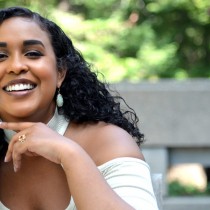

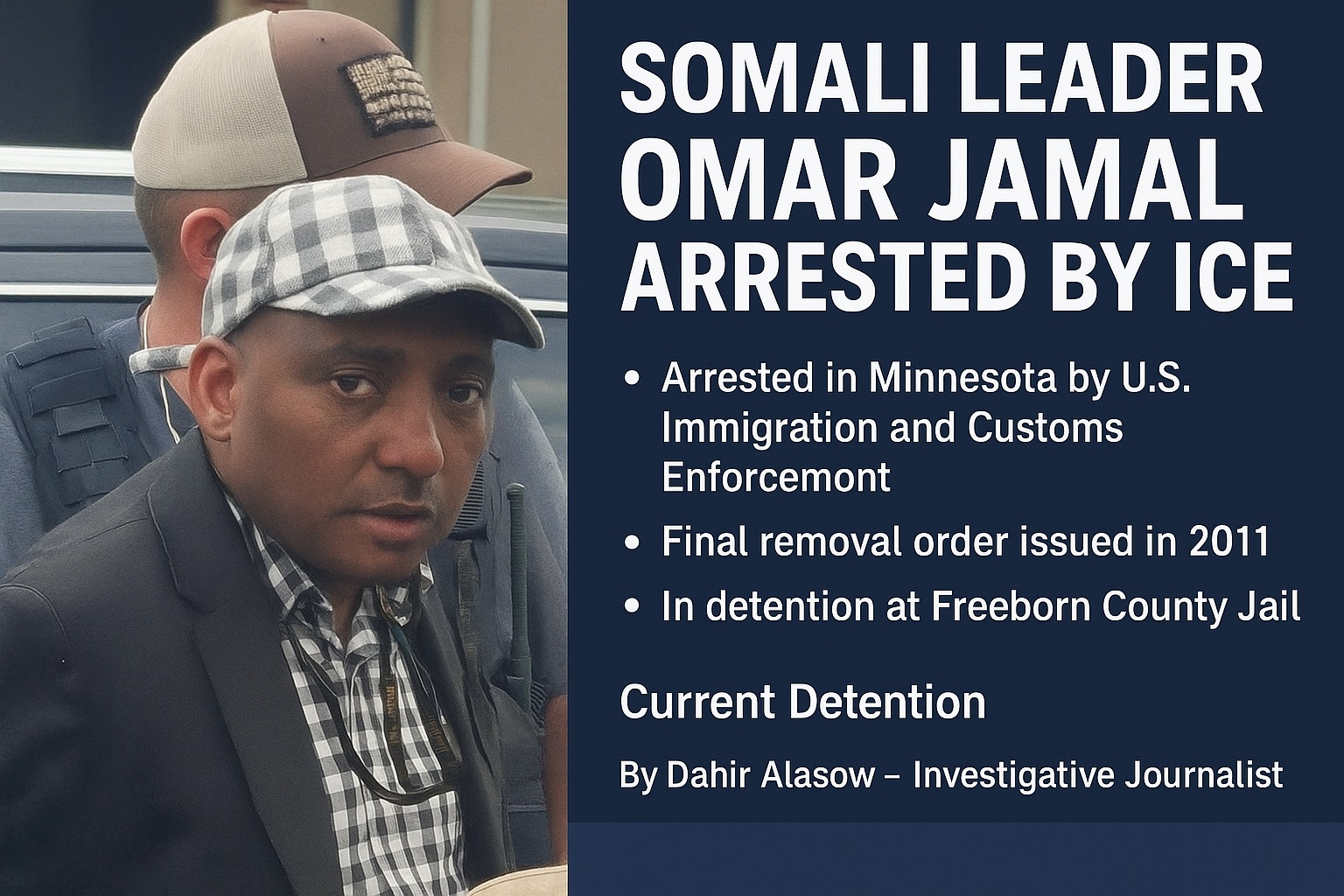
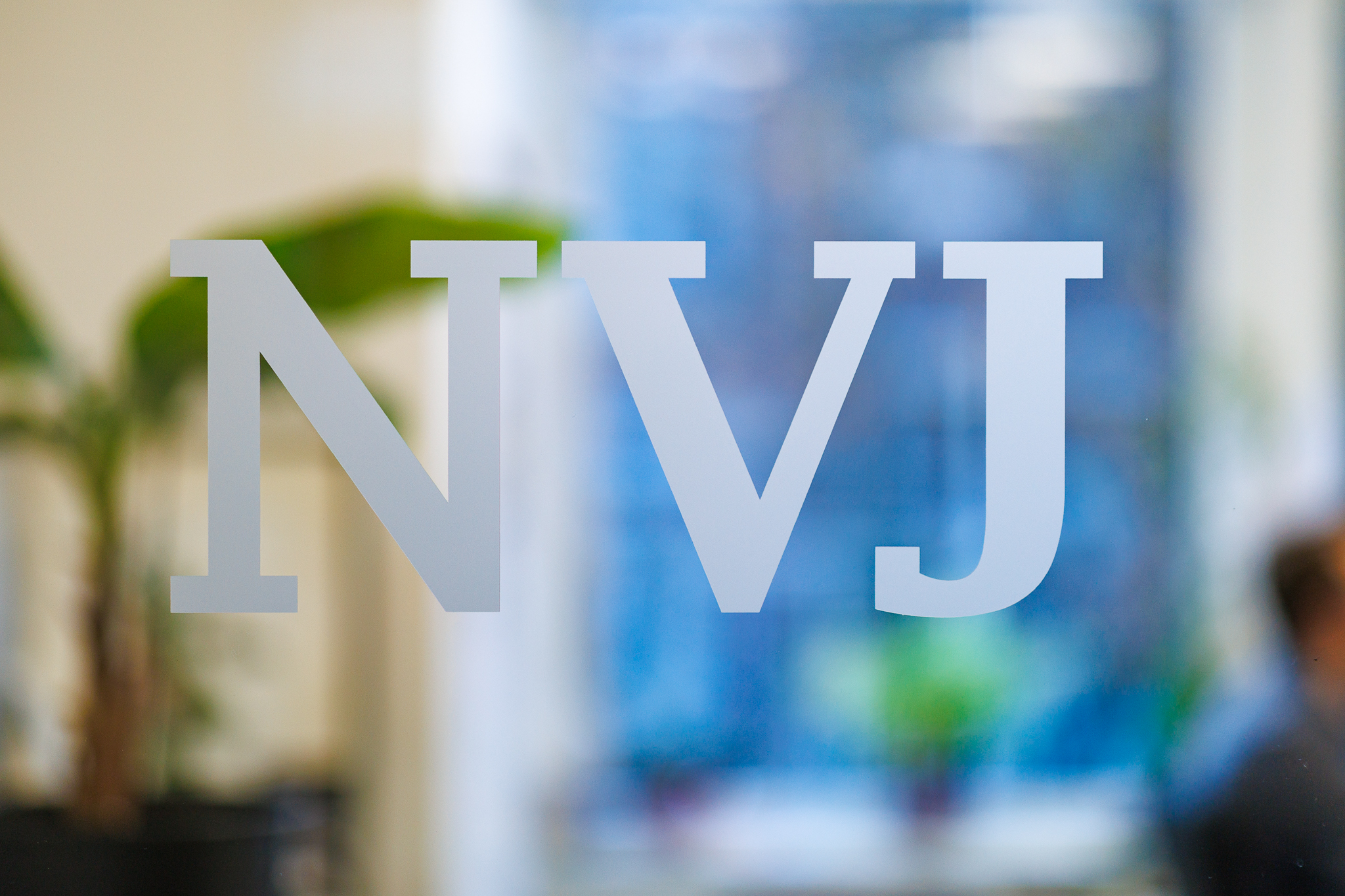
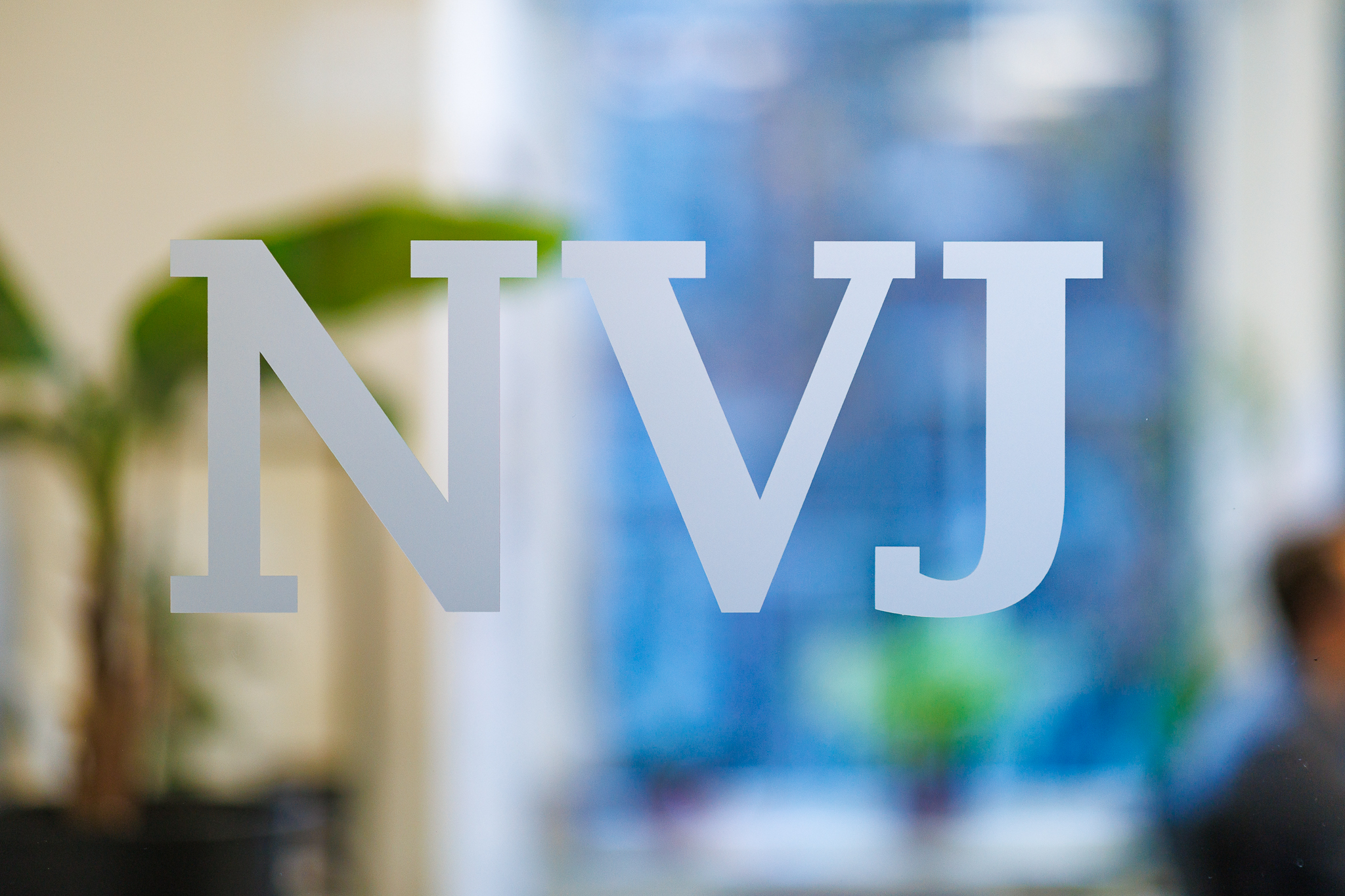
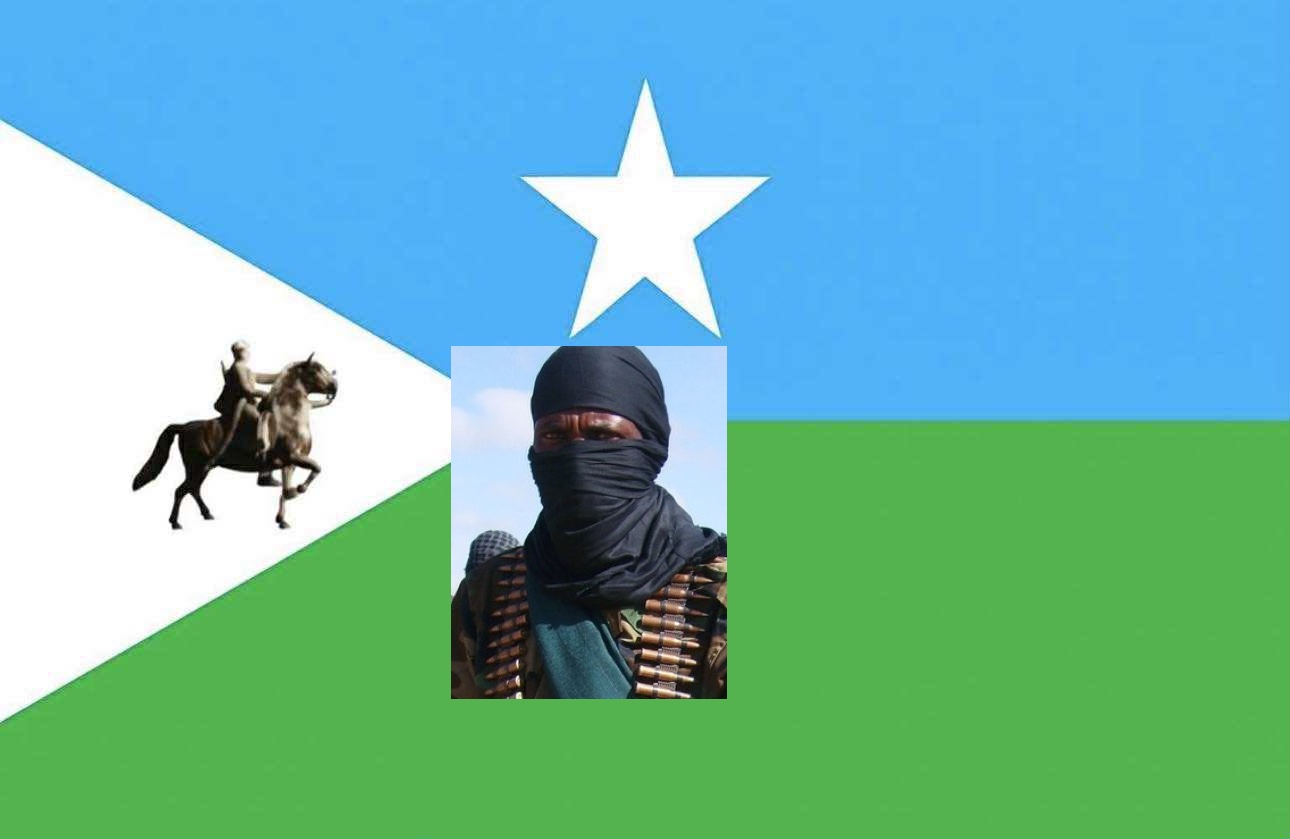
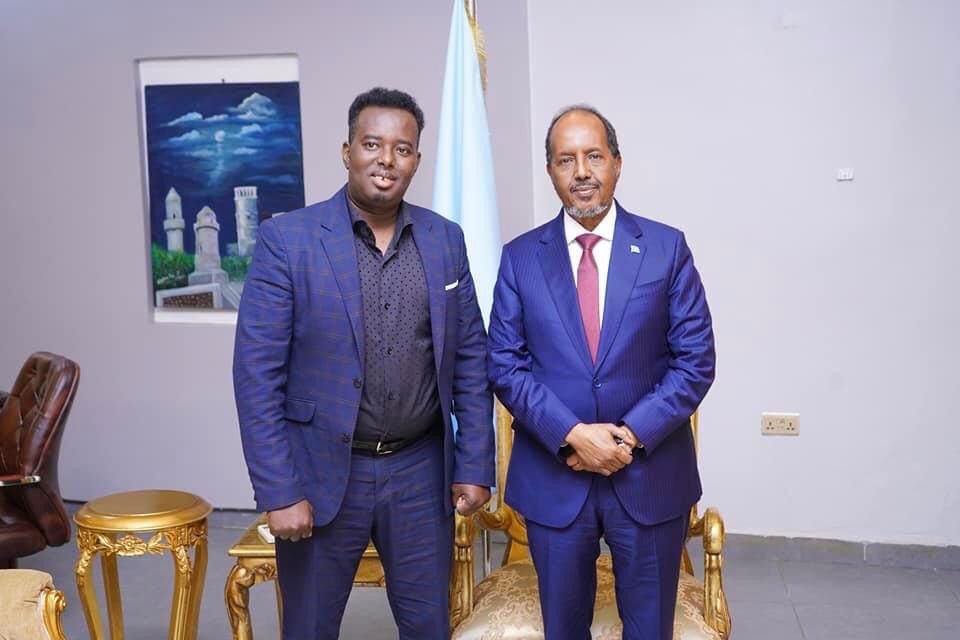
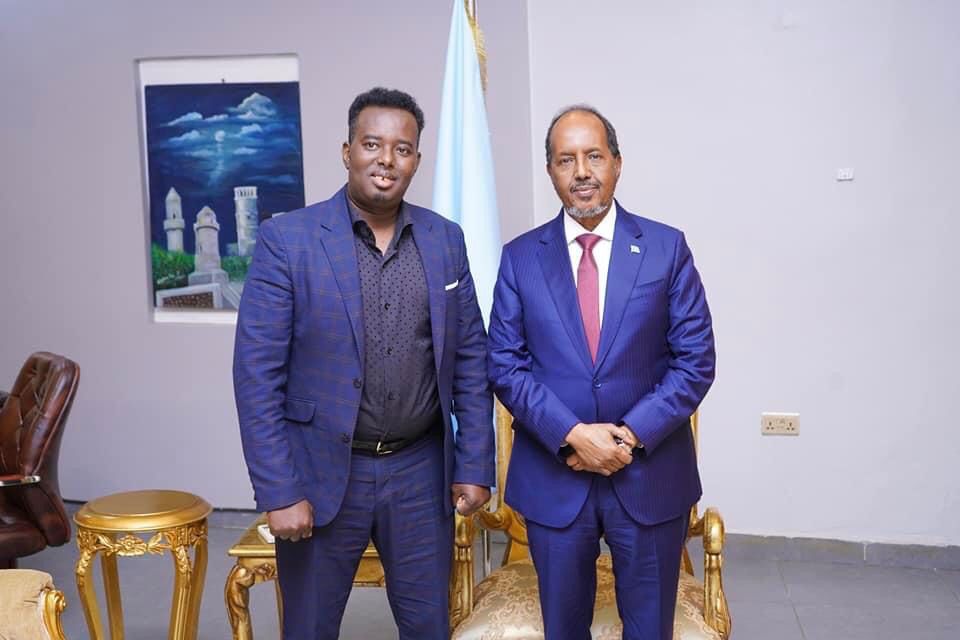
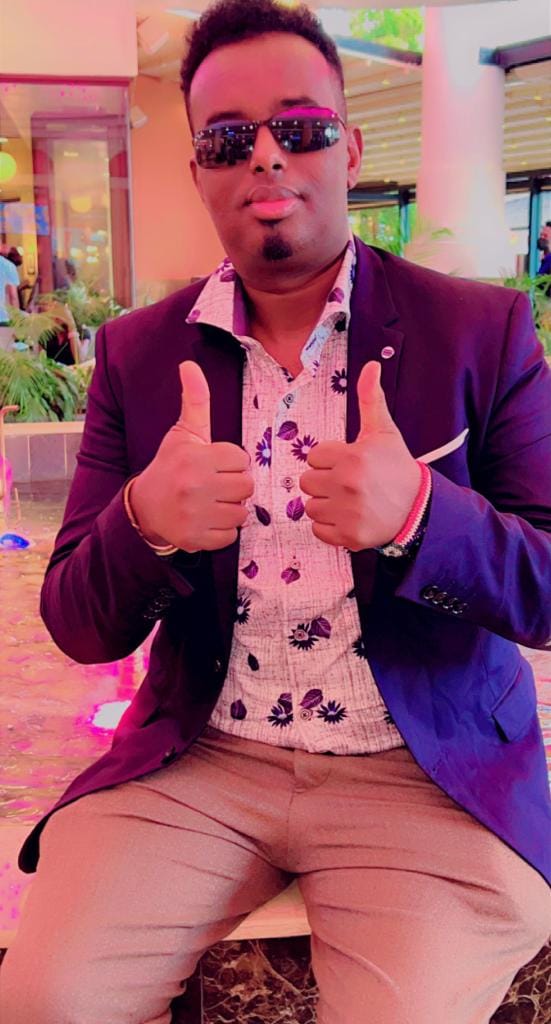
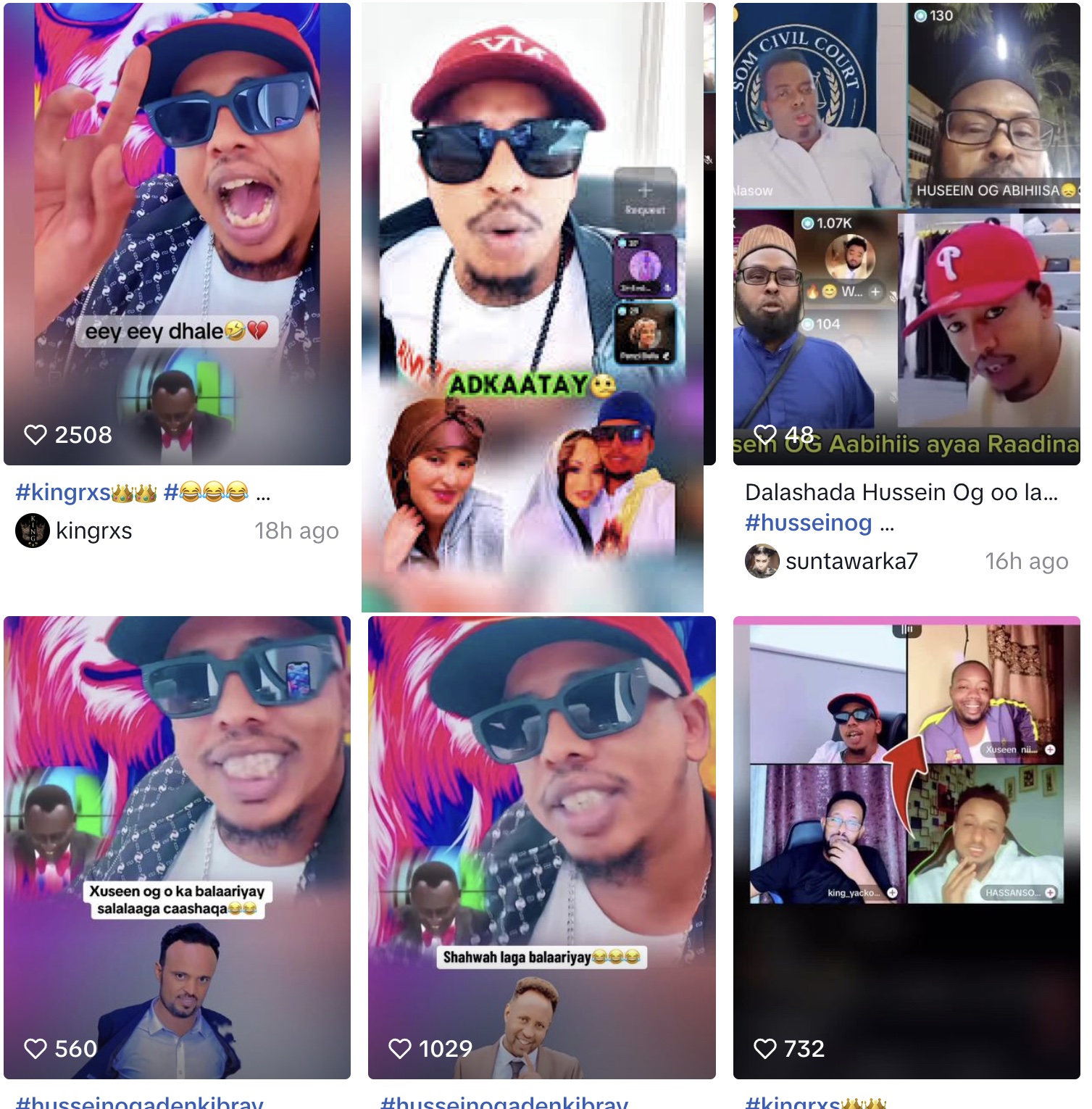
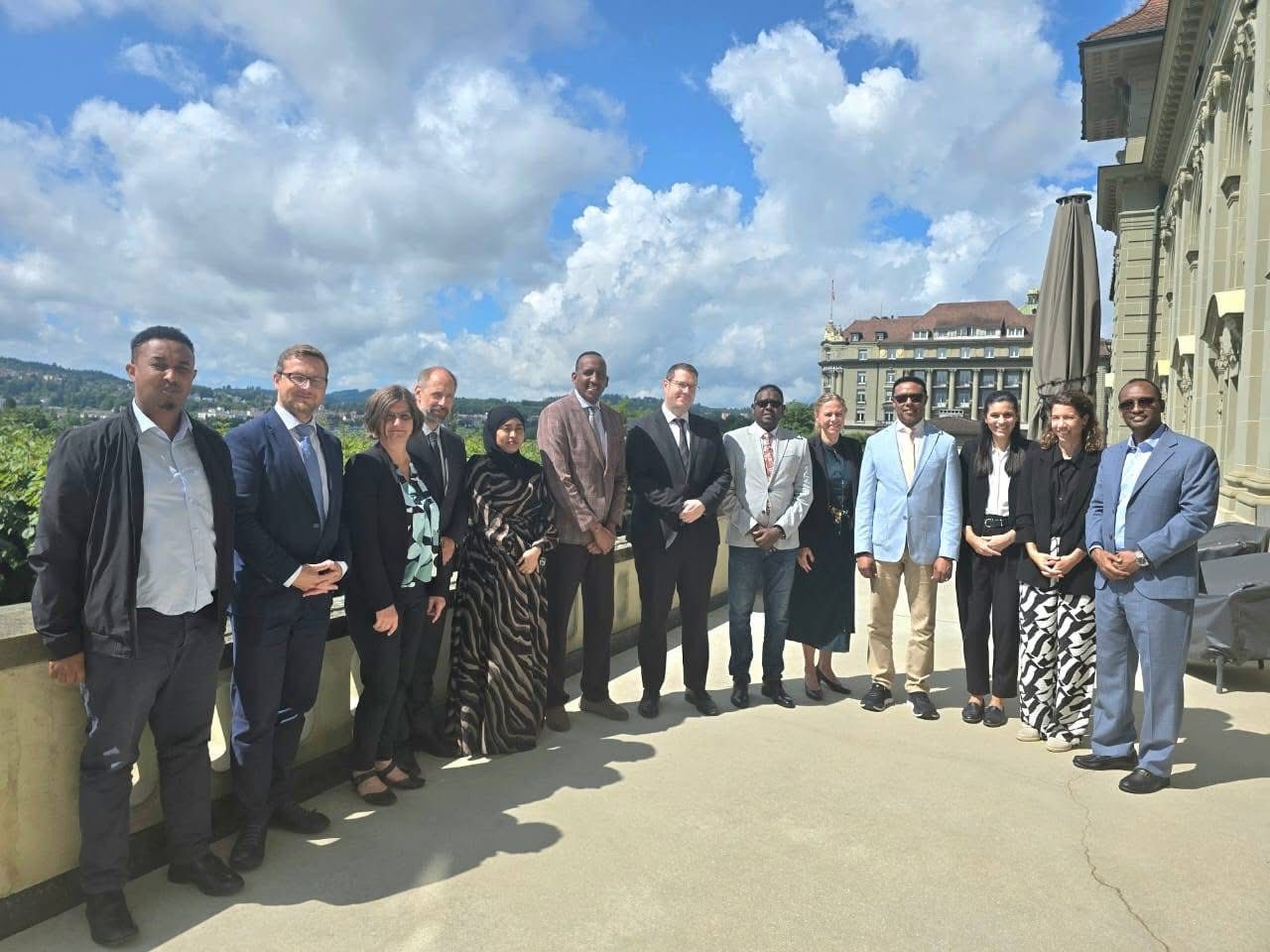
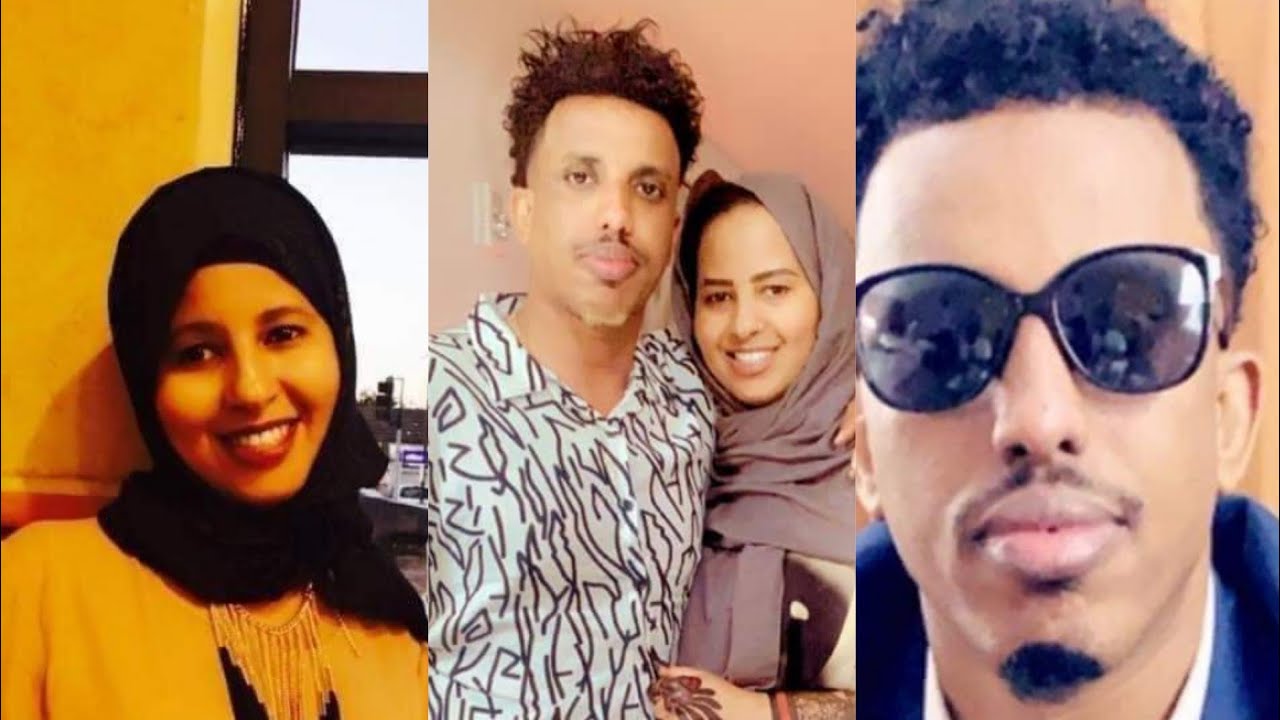
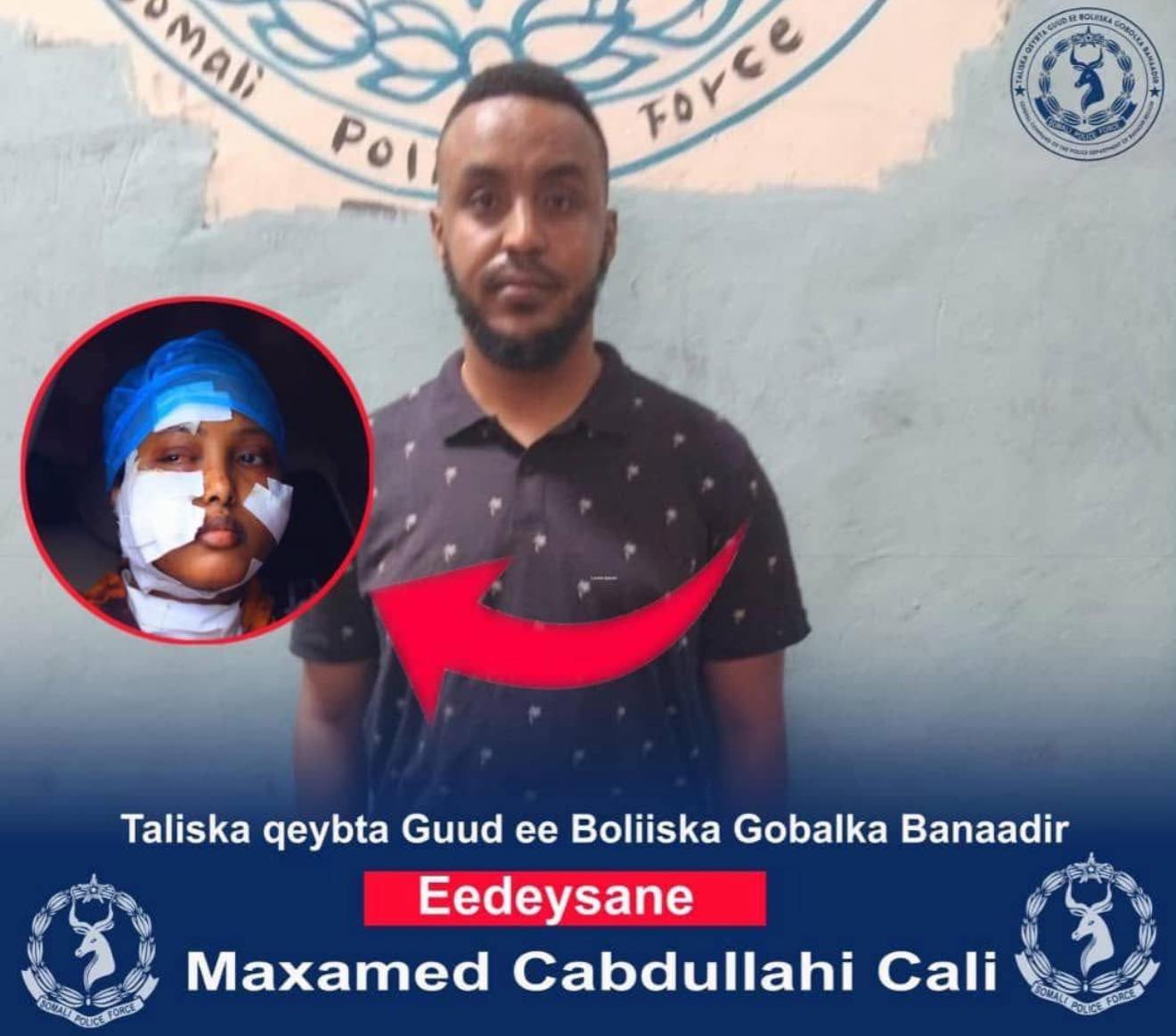
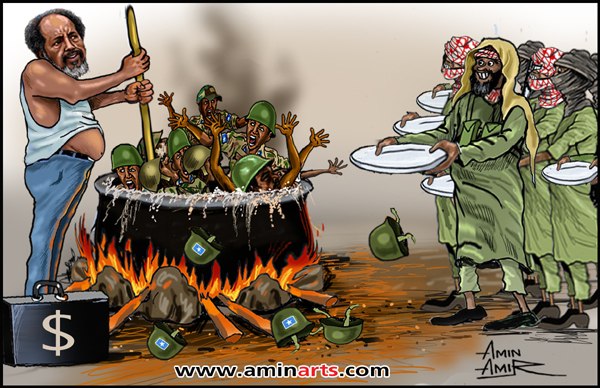
From war-torn Somalia to graduating from UC Berkeley
WAAGACUSUB:-